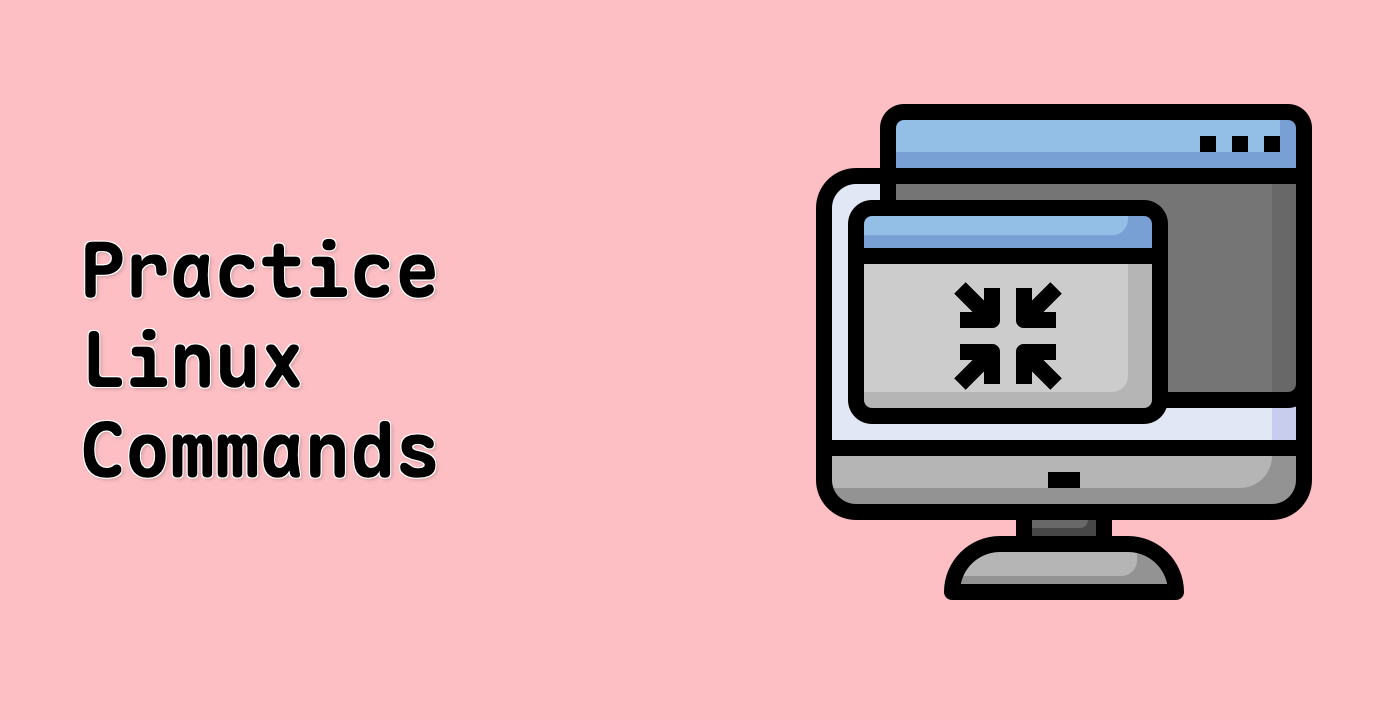Troubleshooting Package Management Challenges
While package management in Linux is generally straightforward, users may occasionally encounter various challenges that require troubleshooting. In this section, we will explore some common package management issues and provide solutions to help you resolve them on your Ubuntu 22.04 system.
Dependency Conflicts
One of the most common package management challenges is dealing with dependency conflicts. When installing or updating a package, the package manager may report missing dependencies or conflicts with other installed packages. To resolve these issues, you can use the following steps:
sudo apt install -f
sudo apt --fix-broken install
The apt install -f command attempts to fix any broken dependencies, while apt --fix-broken install specifically focuses on resolving dependency issues.
Repository Connection Issues
If you encounter issues connecting to package repositories, you may be unable to install, update, or remove packages. You can troubleshoot repository connection problems by:
- Checking your internet connection
- Verifying the repository URL in the
/etc/apt/sources.list file
- Updating the package index with
sudo apt update
Locked Package Manager
Sometimes, the package manager may become locked, preventing you from executing other package management commands. This can happen if a previous package management operation was interrupted or if multiple package management processes are running simultaneously. To resolve this issue, you can use the following steps:
sudo rm /var/lib/apt/lists/lock
sudo rm /var/cache/apt/archives/lock
sudo rm /var/lib/dpkg/lock-frontend
sudo dpkg --configure -a
These commands remove the lock files and attempt to reconfigure any interrupted package management operations.
By understanding and addressing these common package management challenges, you can ensure the smooth and reliable management of software packages on your Ubuntu 22.04 system.




